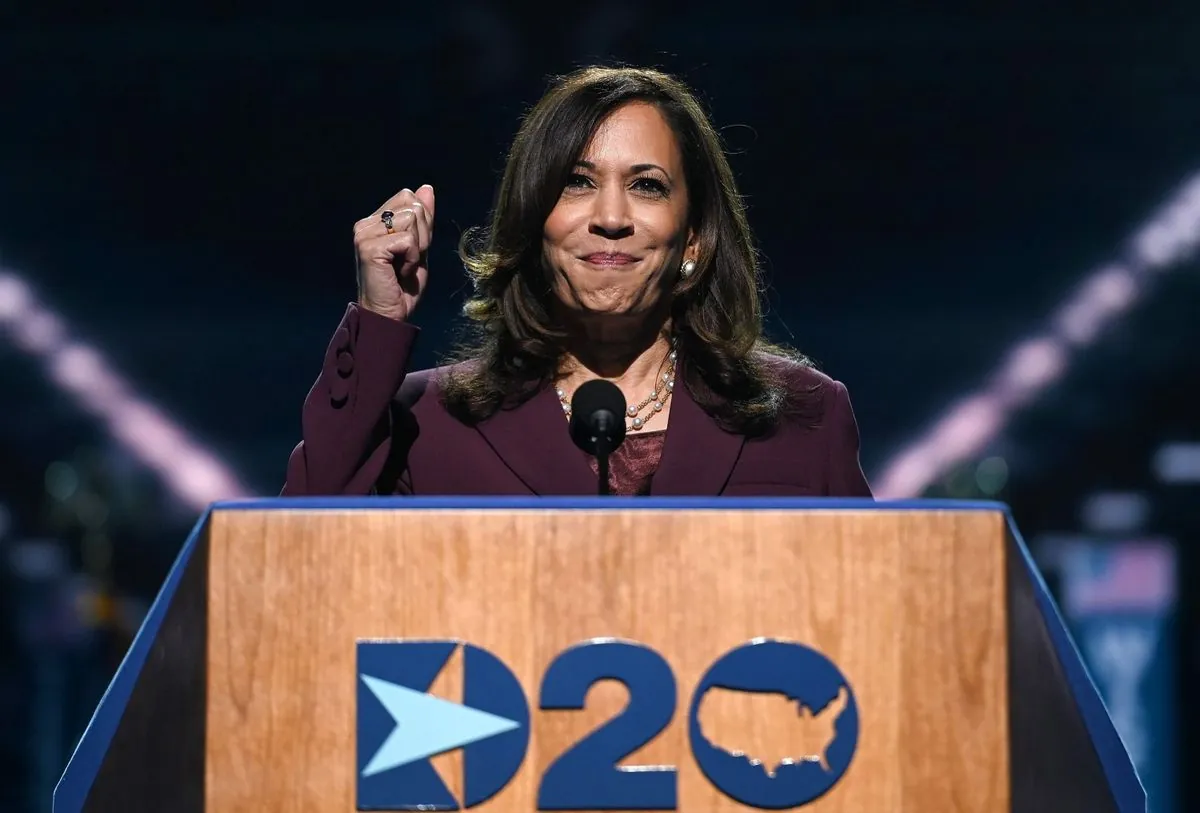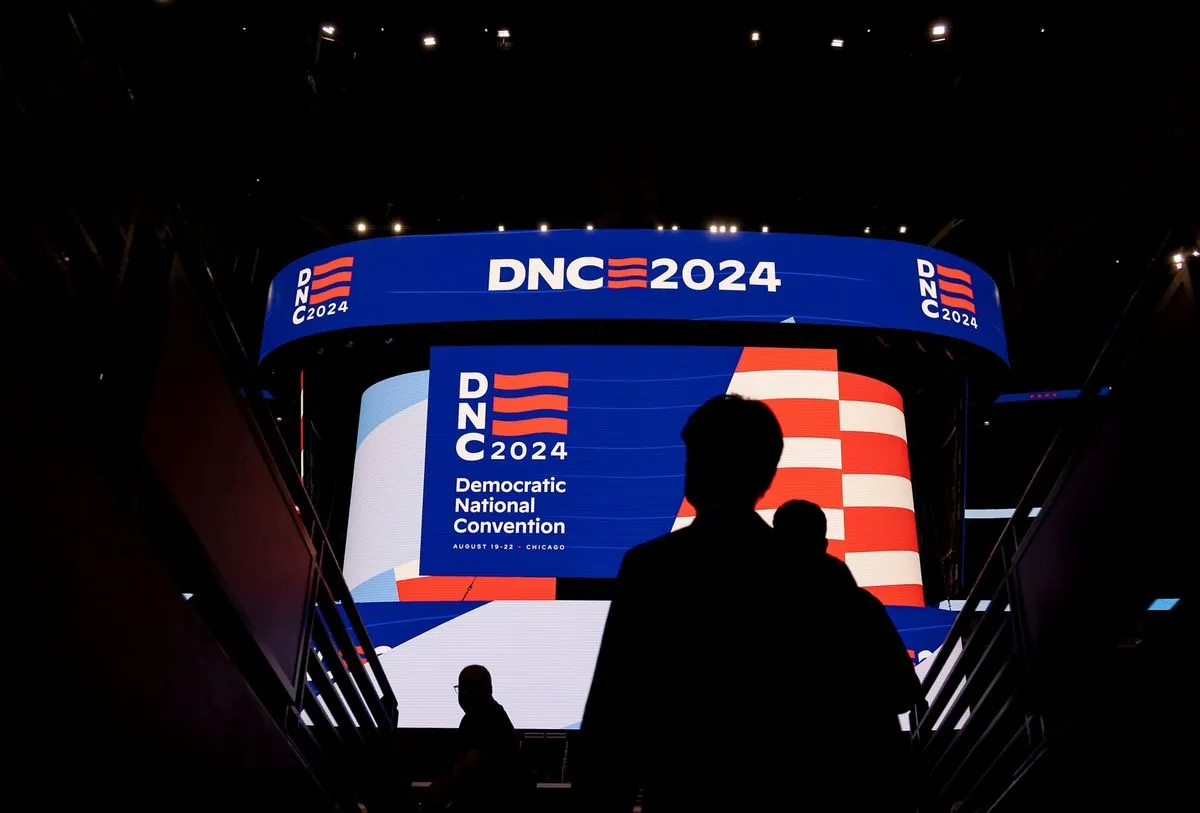Biden's 2024 Exit: Democratic Party's Swift Adaptation to Unprecedented Shift
President Biden's withdrawal from the 2024 race prompted a rapid Democratic Party response. Vice President Harris emerged as the nominee through established procedures, ensuring a smooth transition despite the unusual circumstances.

On July 21, 2024, President Joe Biden made the unexpected decision to withdraw from his reelection campaign, a mere 100 days before the general election. This unprecedented move set in motion a series of events that would test the Democratic Party's ability to adapt and maintain electoral integrity.
While Biden's withdrawal was unusual, it was not without historical precedent. In 1968, President Lyndon Johnson chose not to seek reelection after a narrow victory in the New Hampshire primary. More recently, in 1972, Senator Thomas Eagleton withdrew as the Democratic vice-presidential nominee due to health concerns.
The Democratic Party's response to Biden's withdrawal was swift and methodical. The party's Rules Committee quickly adopted Permanent Procedural Rules, establishing a timeline for nominating a new candidate. This process included a virtual roll call vote to ensure compliance with various state ballot access laws.

Ohio's ballot access deadline of August 7, 2024, presented a particular challenge. Despite attempts to adjust this deadline, constitutional constraints added complexity to the situation. This underscored the intricate nature of ballot access laws across the United States.
"We attempted to provide flexibility for the presidential nomination process, but our state constitution presents certain limitations."
Vice President Kamala Harris emerged as the frontrunner for the Democratic nomination. By August 2, she had secured enough virtual votes to become the party's nominee. On August 6, the Democratic National Convention officially certified Harris and her running mate, Minnesota Governor Tim Walz, as the party's presidential and vice-presidential nominees.
The transition of campaign finances from Biden to Harris was seamless, thanks to existing Federal Election Commission regulations. These rules allowed Harris to access the substantial funds already raised by the Biden-Harris campaign committee.
Harris's campaign demonstrated remarkable fundraising prowess, announcing a $310 million haul within days of Biden's withdrawal. This financial strength positioned the Democratic ticket competitively for the general election.
While Biden's withdrawal was undoubtedly a significant event in American political history, it highlighted the resilience of the democratic process. Established procedures and regulations ensured a smooth transition, allowing voters to focus on their choice for the 47th President of the United States in the upcoming election.
As the campaign moves forward, both major parties will continue to navigate the complex landscape of state ballot access laws, campaign finance regulations, and the Electoral College system. These fundamental aspects of American democracy remain crucial in shaping the outcome of presidential elections.


































